The high levels of serotonin seen in the blood of some autistic people have confounded scientists for more than half a century. Despite so little progress, some researchers refuse to give up.
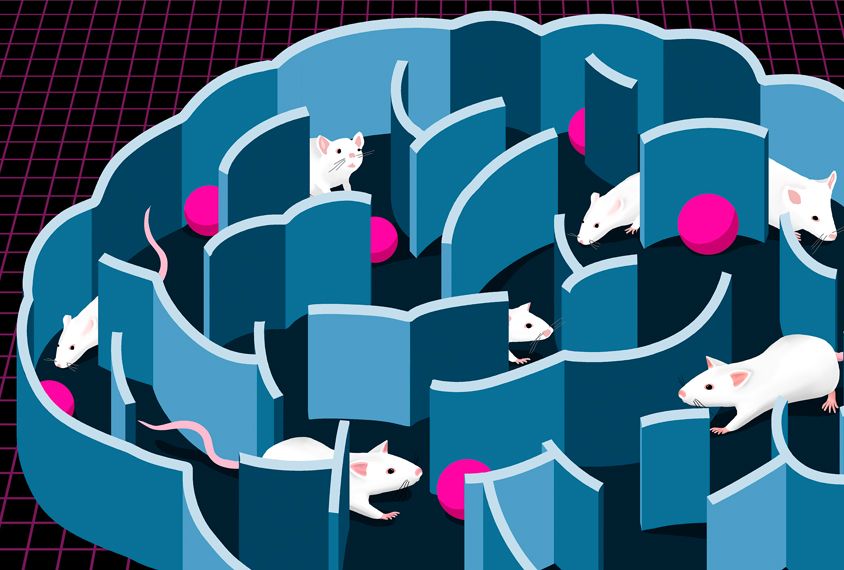


Laurie Graham, a molecular biologist at Queen’s University in Ontario and lead author on the paper, knows she’s making a bold claim in arguing for the direct transfer of a gene from one fish to another. That kind of horizontal DNA movement once wasn’t imagined to happen in any animals, let alone vertebrates. Still, the more she and her colleagues study the smelt, the clearer the evidence becomes.
Nor are the smelt unique. Recent studies of a range of animals — other fish, reptiles, birds and mammals — point to a similar conclusion: The lateral inheritance of DNA, once thought to be exclusive to microbes, occurs on branches throughout the tree of life.
Sarah Schaack, an evolutionary genomicist at Reed College in Portland, Oregon, believes these cases of horizontal transfer still have “a pretty big wow factor” even among scientists, “because the conventional wisdom for so long was that it was less likely or impossible in eukaryotes.” But the smelt discovery and other recent examples all point to horizontal transfers playing an influential role in evolution.
David Sinclair is a geneticist at Harvard and author of Lifespan.
Nature – Reversal of biological clock restores vision in old mice
Sinclair and his team restored vision in old mice and in mice with damaged retinal nerves by resetting some of the thousands of chemical marks that accumulate on DNA as cells age. They are now working to rejuvenate the brains of old mice. This work is so promising that Sinclair believes he can get to human trials within two years. Sinclair is using three genes to reset the age of cells.
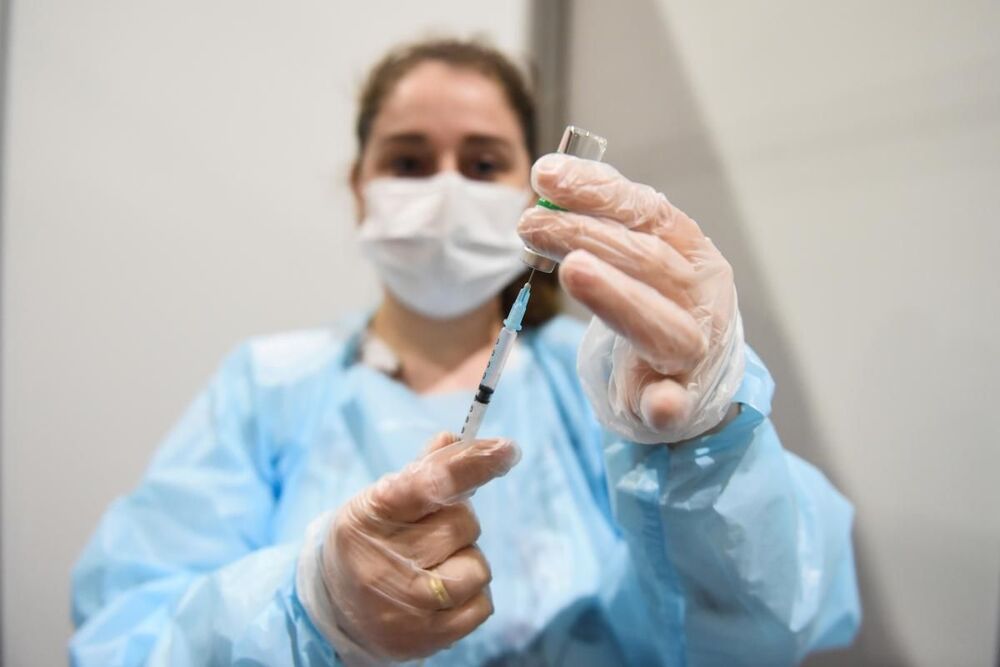
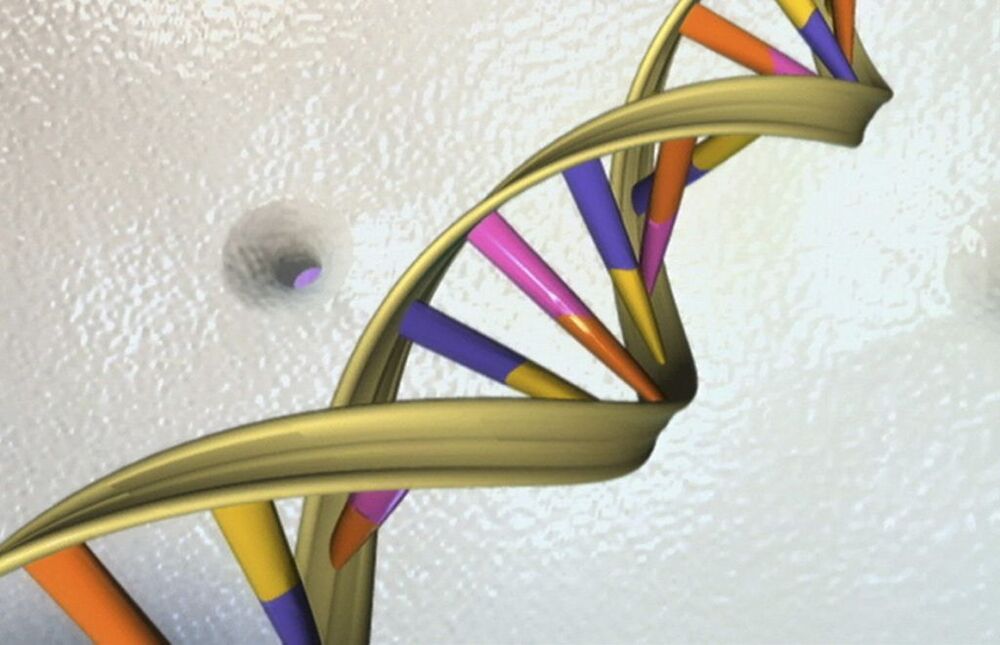
An international team of scientists says it has sequenced and assembled the entirety of the human genome, including parts that were missed in the sequencing of the first human genome two decades ago.
The claim, if confirmed, surpasses the achievement laid out by leaders from the Human Genome Project and Celera Genomics on the White House lawn in 2000, when they announced the sequencing of the first draft human genome. That historic draft, and subsequent human DNA sequences, have all missed about 8% of the genome.
The sequencing of the new genome fills in these gaps using new technology. It has different limitations, however, including the type of cell line that the researchers used in order to speed up their effort.
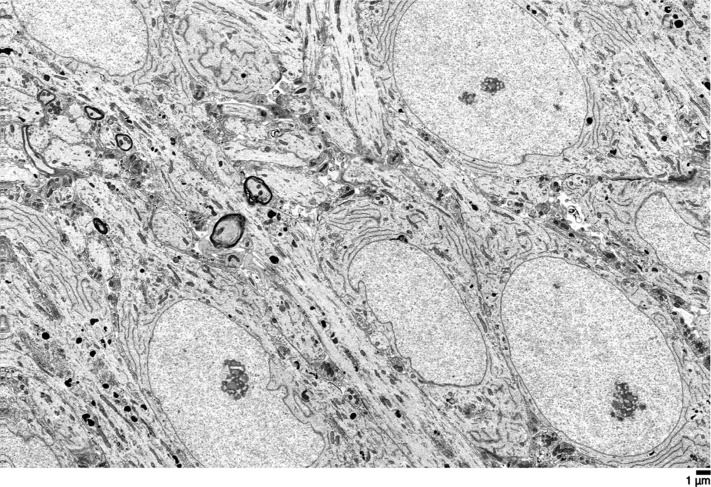
Circa 2015 brain immortality through aldehyde stabilized cryopreservation.
We describe here a new cryobiological and neurobiological technique, aldehyde-stabilized cryopreservation (ASC), which demonstrates the relevance and utility of advanced cryopreservation science for the neurobiological research community. ASC is a new brain-banking technique designed to facilitate neuroanatomic research such as connectomics research, and has the unique ability to combine stable long term ice-free sample storage with excellent anatomical resolution. To demonstrate the feasibility of ASC, we perfuse-fixed rabbit and pig brains with a glutaraldehyde-based fixative, then slowly perfused increasing concentrations of ethylene glycol over several hours in a manner similar to techniques used for whole organ cryopreservation. Once 65% w/v ethylene glycol was reached, we vitrified brains at −135 °C for indefinite long-term storage. Vitrified brains were rewarmed and the cryoprotectant removed either by perfusion or gradual diffusion from brain slices. We evaluated ASC-processed brains by electron microscopy of multiple regions across the whole brain and by Focused Ion Beam Milling and Scanning Electron Microscopy (FIB-SEM) imaging of selected brain volumes. Preservation was uniformly excellent: processes were easily traceable and synapses were crisp in both species. Aldehyde-stabilized cryopreservation has many advantages over other brain-banking techniques: chemicals are delivered via perfusion, which enables easy scaling to brains of any size; vitrification ensures that the ultrastructure of the brain will not degrade even over very long storage times; and the cryoprotectant can be removed, yielding a perfusable aldehyde-preserved brain which is suitable for a wide variety of brain assays.

Summary: A study in fruit fly models of autism reveals sleep disruption associated with the neurodevelopmental disorder is associated with elevated levels of serotonin. The origin of the higher levels of serotonin was discovered to be in glial cells in the blood-brain barrier.
Source: Radboud University.
Bad sleep causes severe health issues and affects our ability to concentrate, memorize, and cope with challenging situations. Individuals with neurodevelopmental disorders such as autism and intellectual disability, frequently suffer from sleep problems. However, little is known about their underlying mechanisms.

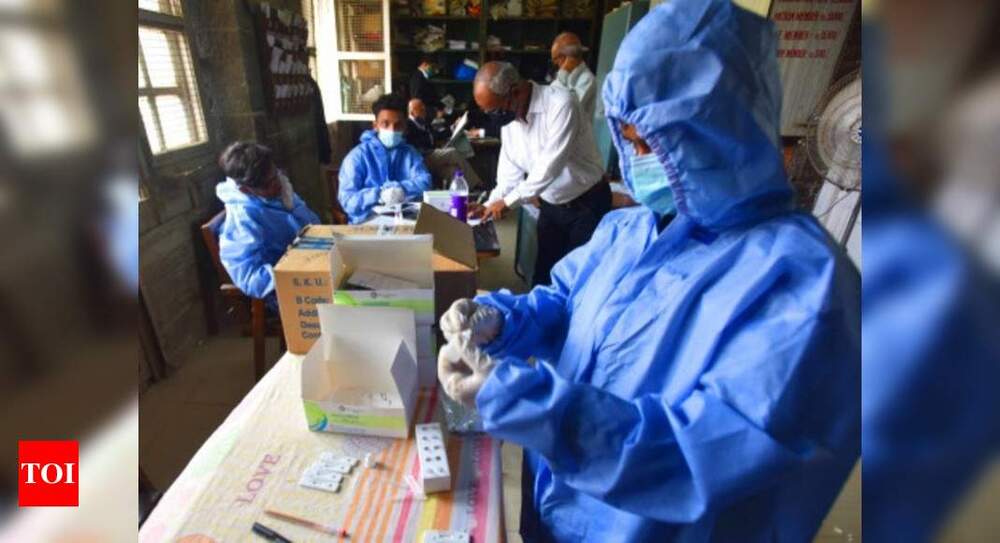
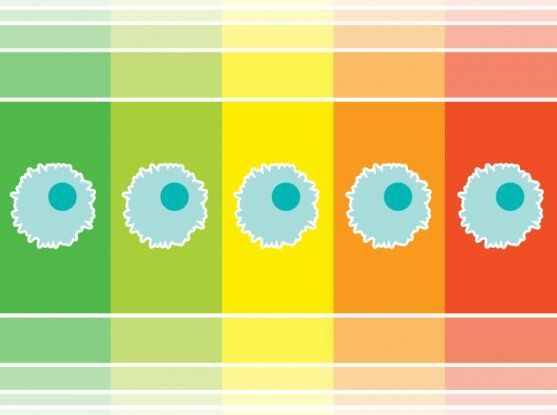
New research suggests age-related changes in blood cell chromosomes are a marker of impaired immunity.
A person’s risk of severe infections increases dramatically as they grow older, but scientists do not yet understand how age might be linked to weakened immunity. Now, research shows that certain age-related changes in blood cells are associated with a higher risk of a range of severe infections including severe COVID-19, other pneumonias, and sepsis.
Researchers analyzed genetic and clinical data from nearly 800000 patients from around the world. They discovered that people with a specific type of acquired rearrangement in the chromosomes of their blood cells, called mosaic chromosomal alterations (mCAs), were nearly three times more likely to develop sepsis and two times more likely to get pneumonia than those without mCAs. These genetic changes accumulate in blood cells with age and often indicate a common condition in the elderly called clonal hematopoiesis.